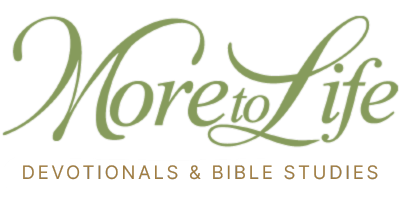“And in the same region there were shepherds out in the field, keeping watch over their flock by night . . . And the angel said to them, “Fear not, for behold, I bring you good news of great joy that will be for all the people . . . And they went with haste and found Mary and Joseph, and the baby lying in a manger.” (Luke 2:8, 10, and 16 ESV)
If your church has ever had a children’s Christmas play, it no doubt had some cute little shepherd boys standing around the manger near baby Jesus. After all, God chose a group of shepherds on a hillside to hear the angel’s joyful birth announcement. Shepherds were the first to hear the news and the first to visit the Christ child. They are a beloved part of the Christmas story.
Why shepherds, you may ask? Shouldn’t the angel’s announcement have first been made to the religious leaders? Or perhaps the town mayor and a few business leaders could have been informed about this important event and invited to come. Instead, God chose shepherds, men smelling of the outdoors and sheep. It seems very fitting to me that shepherds were the first to hear the good news. In John 10:11, Jesus identifies Himself as the Good Shepherd. He identified with these humble men.
King David, who was himself once a shepherd, speaks of the Lord as his shepherd in the familiar words of Psalm 23.
“The LORD is my shepherd; I shall not want. He maketh me to lie down in green pastures: he leadeth me beside the still waters. He restoreth my soul: he leadeth me in the paths of righteousness for his name’s sake.” (Verses 1-3)
In Isaiah 40:11 we find a beautiful description of the heart of a shepherd. It also paints a picture the Lord, our Good Shepherd, Who lovingly and tenderly cares for us.
“He will tend his flock like a shepherd; he will gather the lambs in his arms; he will carry them in his bosom, and gently lead those that are with young.” (ESV)
Why did the angels appear first to the shepherds? Perhaps because of the way they lovingly and humbly cared for their flocks, even at the risk of their own comfort and safety. They may not have been at the top of the social ladder, held a lofty position in religious or political circles, or dressed in the finest of garments. These were humble, working-class men.
These were men who diligently cared for their flocks. They loved their sheep, protected them from predators, tended to their wounds when injured, and corrected them when needed. The shepherds watched over their sheep while they slept and carefully searched for any who went astray. They led their flocks to plentiful food and fresh water. They knew their sheep, and their sheep recognized their voice.
In John 10 Jesus compares the characteristics of a true shepherd with those of a hireling. The shepherd knows his sheep, and his sheep knows him. For the hired hand, it’s just a job. He is not willing to put himself at risk to protect the sheep. But we know that Jesus willingly suffered and died for His sheep. Love makes all the difference.
“I am the good shepherd. The good shepherd lays down his life for the sheep . . . I am the good shepherd. I know my own and my own know me.” (John 10:11 and 14, ESV)
The next time you see a Christmas play, look for the shepherds. God thought enough of these humble men to make them part of His story. They were there to share in the joy of that first Christmas Day.




Comments are closed.